Step into Sustainable Jeans with our Denim Guide
A GREAT PAIR OF JEANS IS A TIMELESS STAPLE IN ANY WARDROBE. THE EASY GO TO OPTION THAT’S VERSATILE FOR ANY KIND OF LOOK - WHETHER IT’S CASUAL WITH A WHITE T-SHIRT OR WITH A BLAZER TO HAVE A MORE PREPPY AESTHETIC. NO MATTER IF YOU PREFER A CLASSIC BLUE JEANS OR A WHITE FLARED PAIR, DENIM IS AN ALL YEAR ROUND ESSENTIAL AND ONE OF THE MOST POPULAR ITEMS IN EVERY WARDROBE. CHANCES ARE THAT YOU’RE WEARING JEANS AS YOU’RE READING THIS! SO, HAVE YOU EVER WONDERED WHAT SUSTAINABLE DENIM IS? THEN THIS ARTICLE IS FOR YOU!
words by HOLLY KELSEY
creative direction SARAH MARIE DAY
photographs by ANDREW DAY + COURTESY OF BRANDS
A QUICK DIVE INTO DENIM’S PAST
Denim was first produced in the city of Nîmes in the 17th century (hence the name de Nîmes, French for from Nîmes). Before it became popular with the masses, it was originally worn only by workers and miners. In 1890 Levi Strauss and Jacob Davis launched the iconic Levi’s 501 and the rise of denim began. Eventually in the 1920’s and 1930’s, jeans were glamourised by Hollywood icons such as John Wayne, and when James Dean appeared in blue jeans and a white shirt in Rebel Without a Cause, the rise of denim was unstoppable.
How can denim be sustainable?
Firstly we always recommend buying denim that’s vintage or secondhand, that is the most sustainable way you can buy denim (the shorts above are from Chickee’s Vintage in New York City). Many companies and brands will also use the method of up-cycling old jeans and making them into creative new pairs. The Vintage Twin for example sews secondhand silk ties into the side seam of old jeans, creating reconstructed designs (see below) and Re/Done collaborates with Levi’s to give some of the brand’s used jeans a second life. You can find them in Re/Done’s upcycled section.
The next option is choosing denim with the least impactful fabrics which could include either 100% organic cotton, regenerative cotton or recycled materials. Organic cotton has reduced negative impacts through using less pesticides and fertilisers but it doesn’t go further than this. Whilst regenerative cotton is a more holistic approach to farming, it helps to preserve long-term soil health through sequestering carbon, minimising water, increasing organic matter and fertiliser usage which in the long term benefits farmers and their surrounding communities.
Why it’s important to switch
There are two problems within the production of regular denim. The first one is the incredible amount of water required to make just ONE pair of jeans - according to the UN it takes 7,500 litres. The other problem is the usage of toxic fertilisers, pesticides and dyes. Those chemicals are not only harmful for the garment workers but also pollute the water and make it unusable.
Five truly sustainable denim brands on the rise
NUDIE JEANS CO.
Founded in 2001 in Gothenburg, Sweden
Founder: Maria Erixon
Materials used: 100% organic cotton which is certified by GOTS, OCS and USDA Organic
Produced in: Portugal, Tunisia and Italy
Long story short: Erixon’s original idea of starting Nudie was with the thinking of ‘wear, tear and repair’. They were one of the first sustainable denim brands using exclusively organic cotton.
Fun fact: They even have jean repair service in their stores and customers can order a free repair kit online. You can also bring back your worn Nudie jeans that the brand will make into new designs.
Editor’s favorite: We love their Straigh Sally as well as their Clean Eileen cut.
Shop all pieces here
MUD JEANS
Founded in 2012 in the Netherlands
Founder: Bert van Son
Materials used: Organic cotton and recycled cotton
Produced in: The cotton is produced in Turkey and India, then spun and dyed in Spain and finally cut, sewn, washed and branded at Yousstex, in Tunisia.
Long story short: Bert Van Son saw the negative impact the industry had on factory workers plus the toll on the environment with the infinite need for new materials. He had a vision for a new way of the denim business being sustainable.
Fun fact: MUD jeans became a B-corp company in 2013 for their innovative circular economy methods. Plus you can even lease their jeans!
Editor’s favorite: We love the brand’s collaboration with French influencer Lison Sebellin, especially the High Jamie cut in Used Black.
Shop their pieces here
E.L.V. DENIM
Founded in 2018 in London, United Kingdom
Founder: Anna Foster
Materials used: Recycled fabric and up-cycled garments
Produced in: East London by local ateliers
Long story short: As a fashion stylist for 20 years, Anna Foster is as passionate about the fashion industry as solving it’s problems. Her brand uses exclusivity up-cycled garments and fabrics, creating sophisticated pieces from unwanted denim - hence the name E.L.V. which comes from East London Vintage. The brand perfectly combines sustainability and style.
Fun fact: E.L.V. Denim donates scrap fabrics to local schools and universities for textile lessons.
Editor’s favorite: We love the brand’s signature contrast colour denim mid-seam jeans.
Shop their pieces here
DAWN
Founded in 2015 in Berlin, Germany
Founders: Ines Rust and Marian von Rappard
Materials used: Organic cotton, tencel and hemp
Produced in: Saigon, Vietnam in a Fair Wear foundation certified factory.
Long story short: The founders say that the jeans already in your wardrobe are the most sustainable denim, so they aim to be a close number two. The starting point of the company was when the two founders read about the fact that 85% of the people in the fashion industry work in bad conditions - so they built their own factory in Vietnam to ensure it would be sustainable and transparent.
Fun fact: Dawn created ‘Art on Broken Pieces’ which is when they use flawed denim and give it a new life with adding embroidery or patches to cover imperfections.
Editor’s favorite: We love their Flared Soft Denim cut as well as the Wide Straight Non-Stretch cut.
Shop their pieces here
KINGS OF INDIGO
Founded in 2011 in Amsterdam, Netherlands
Founder: Tony Tonnaer
Materials used: Recycled cotton and organic cotton
Produced in: Turkey
Long story short: Tonnaer had a clear vision to produce garments that wouldn’t compromise on quality or sustainability in order to make a beautiful denim. He worked in the denim industry for 20 years before realizing the dream of his own brand which combines the traditions of American jeans manufacturing with an Japanese eye for details.
Fun fact: The brand’s logo, the koi, is a Japanese symbol for good luck and prosperity.
Editor’s favorite: We love the Jane jean
Shop their pieces here

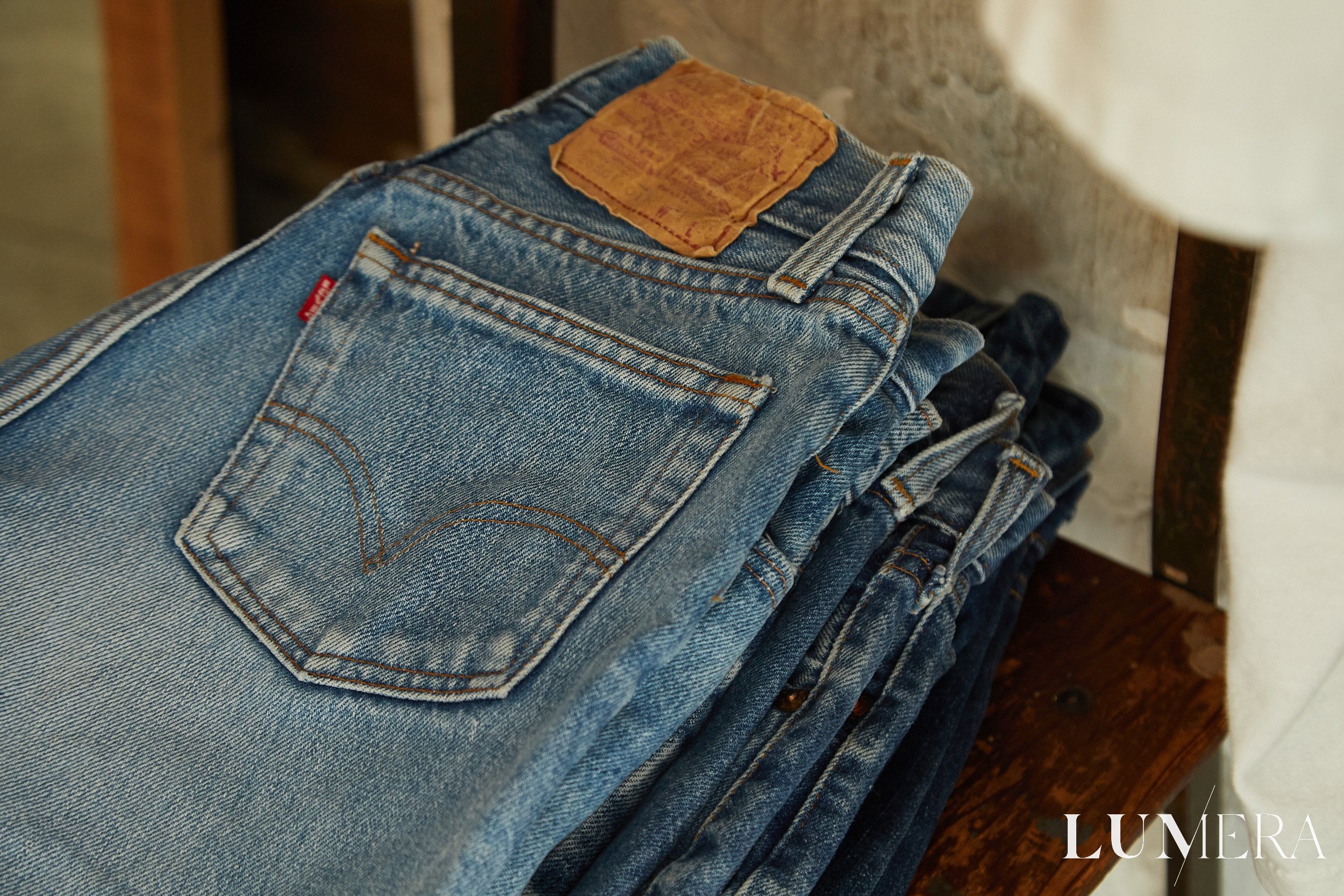
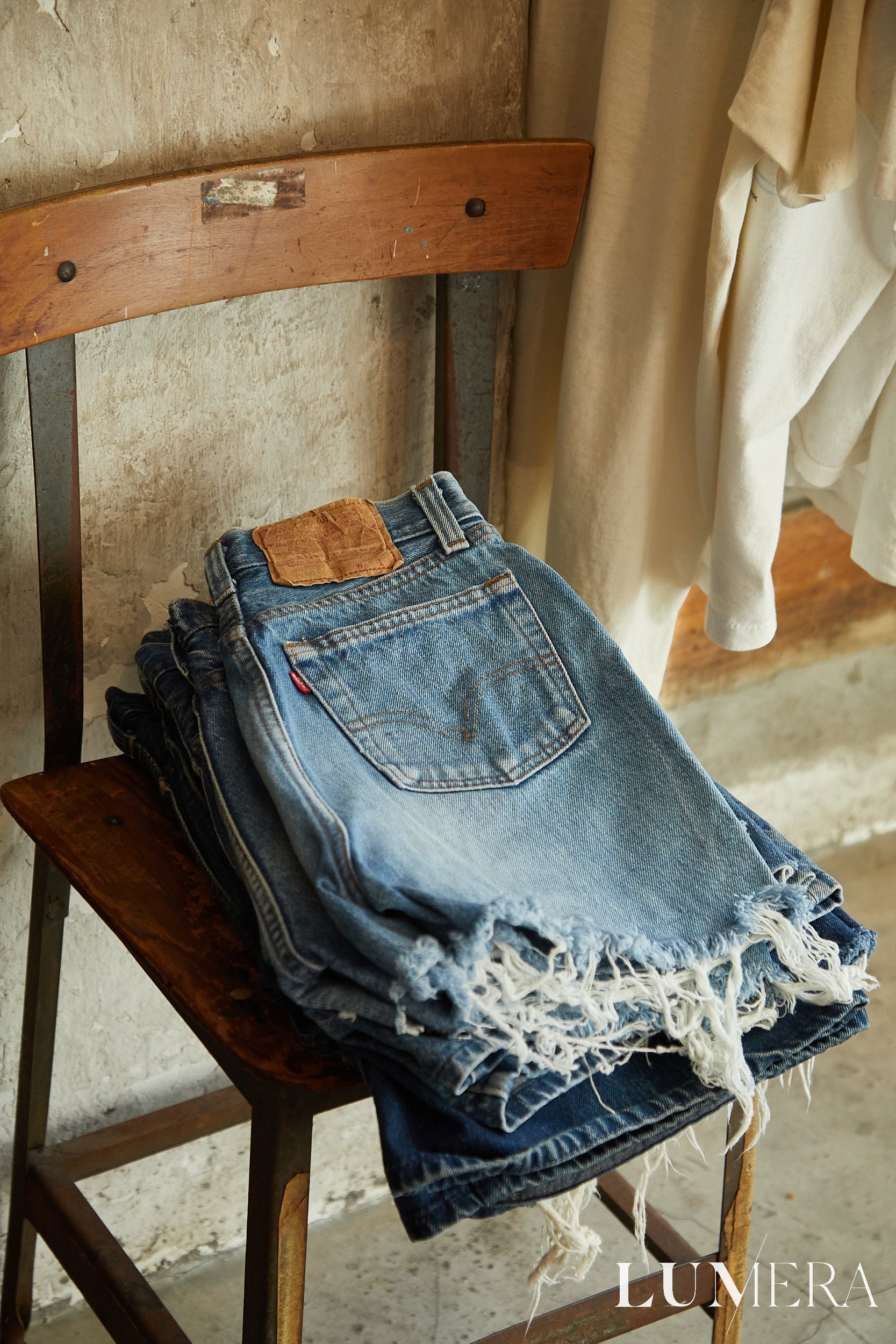
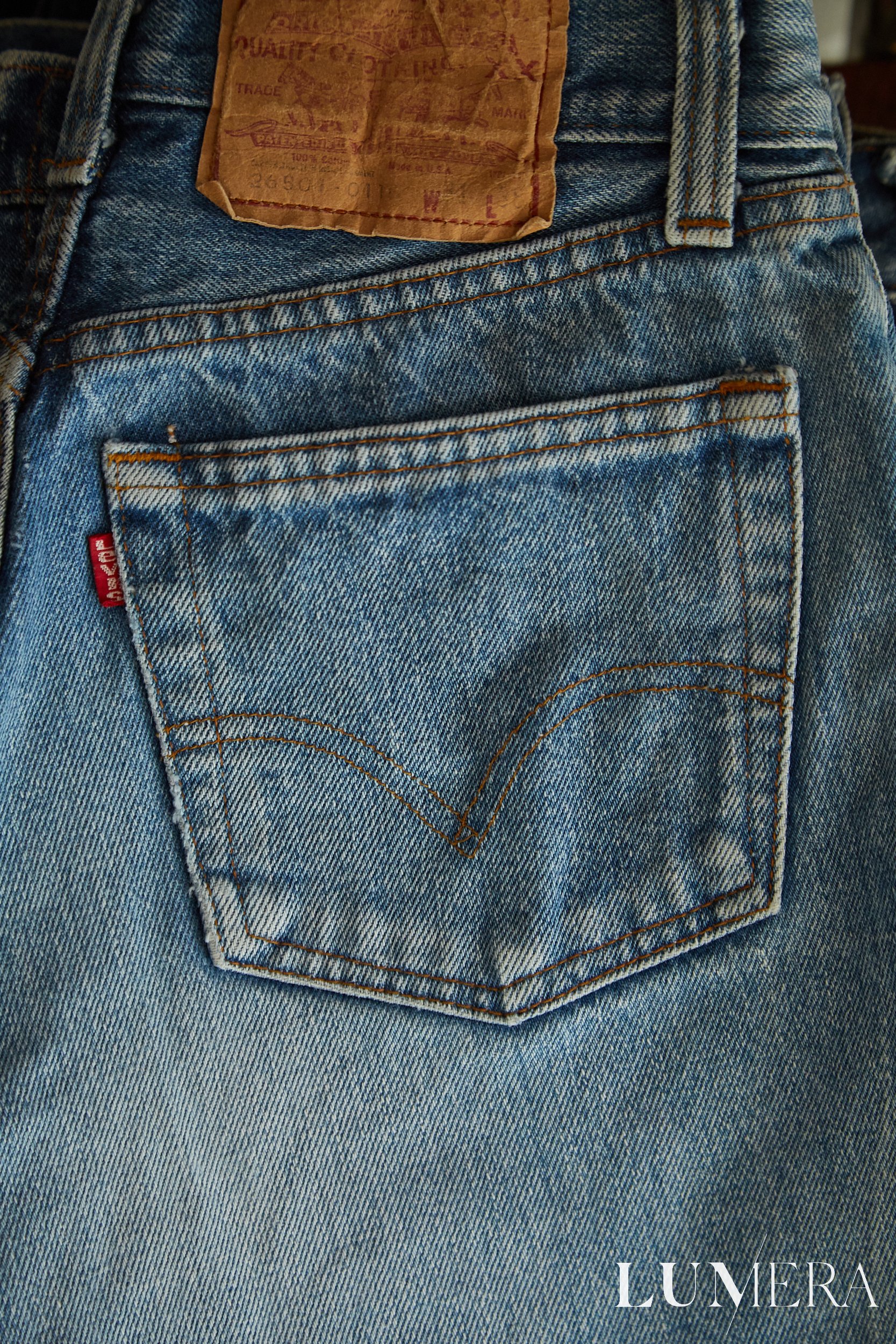
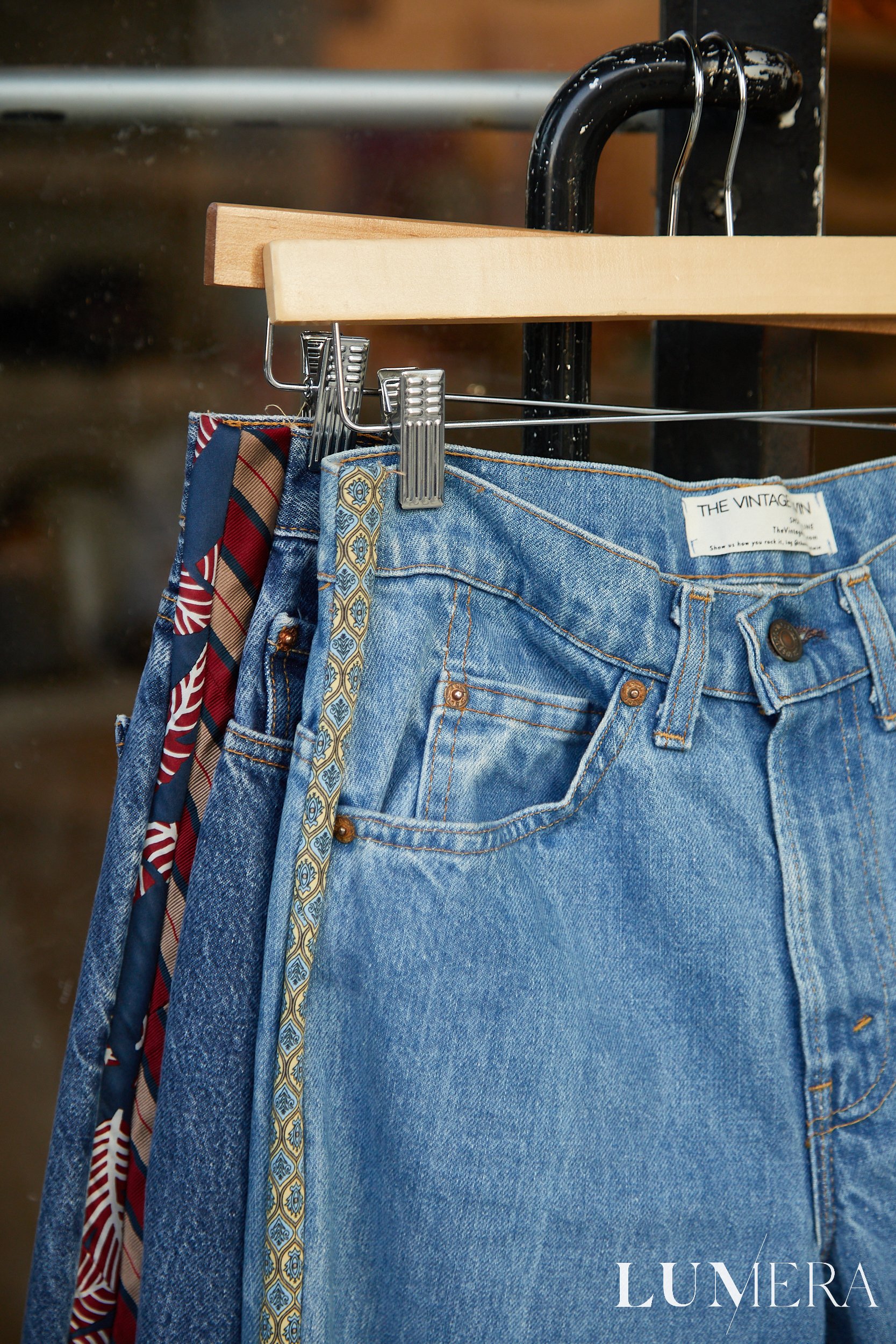
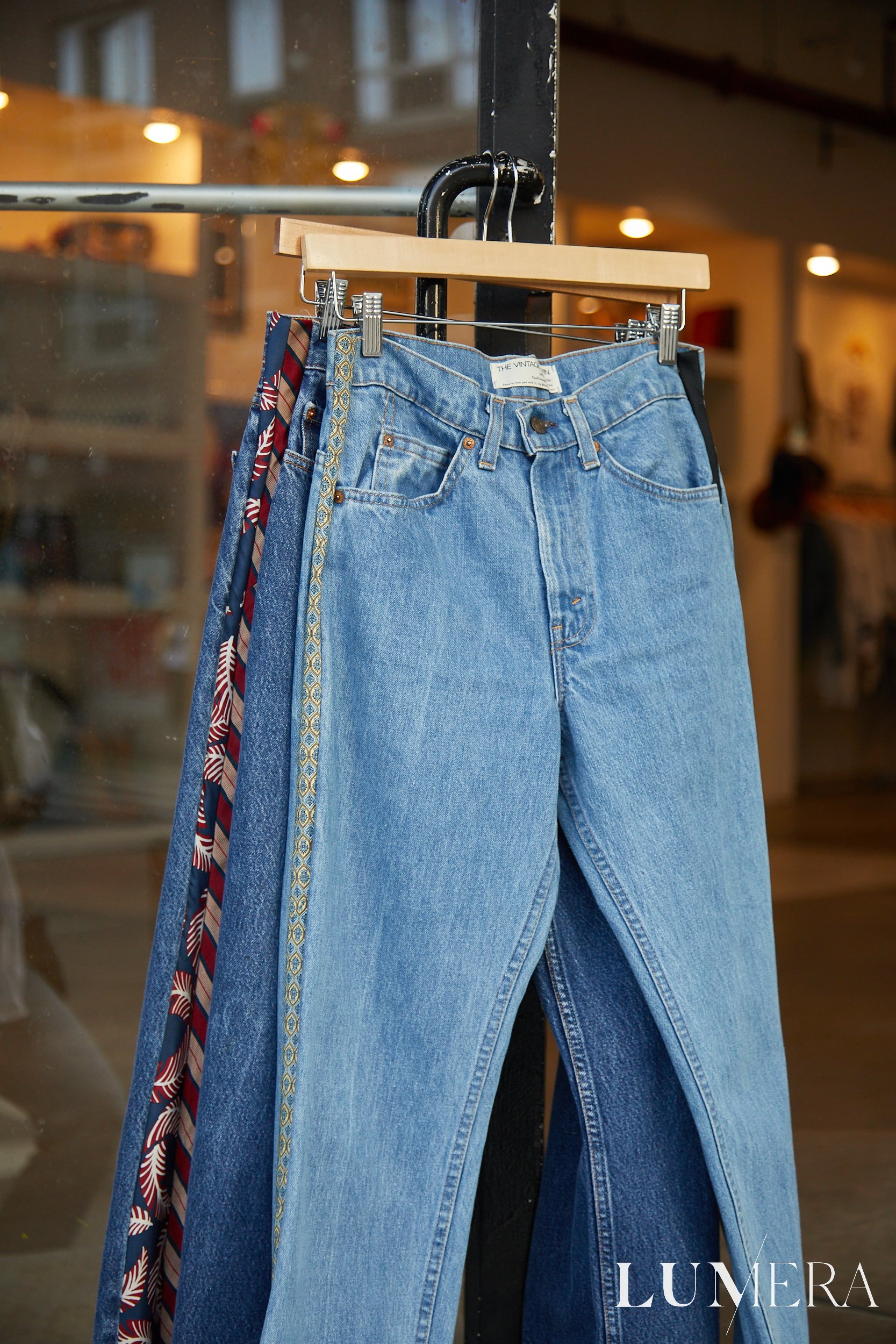
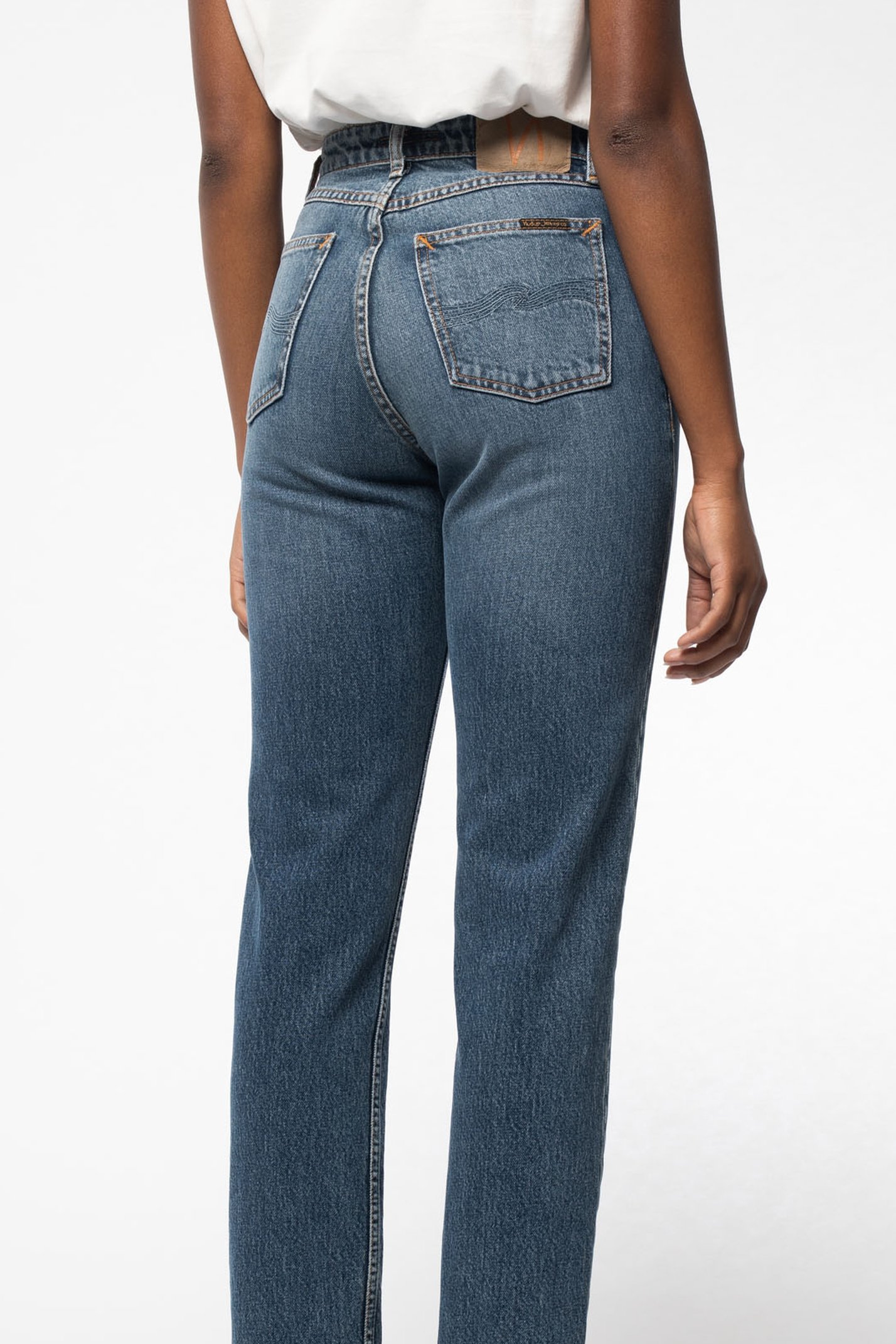
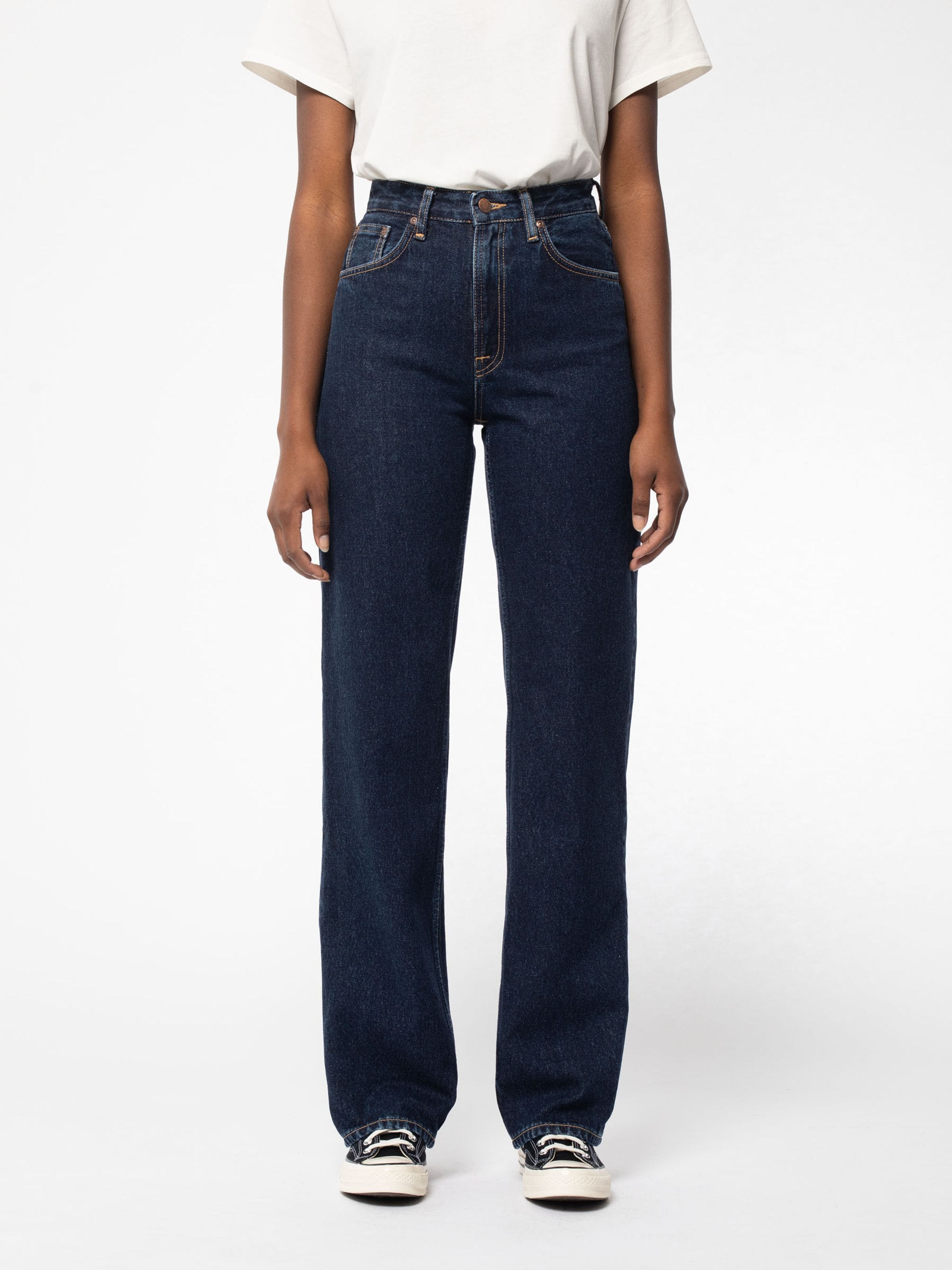
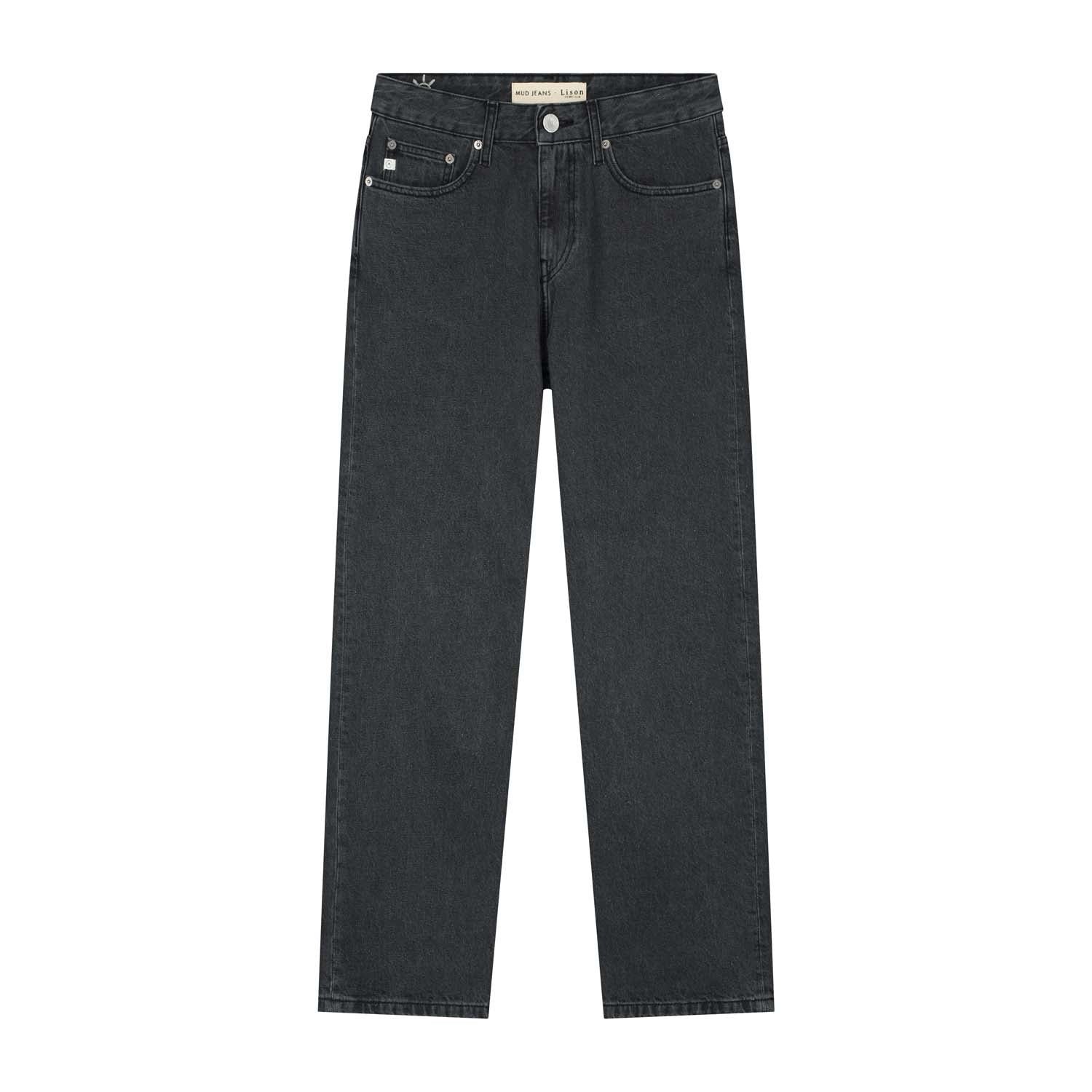
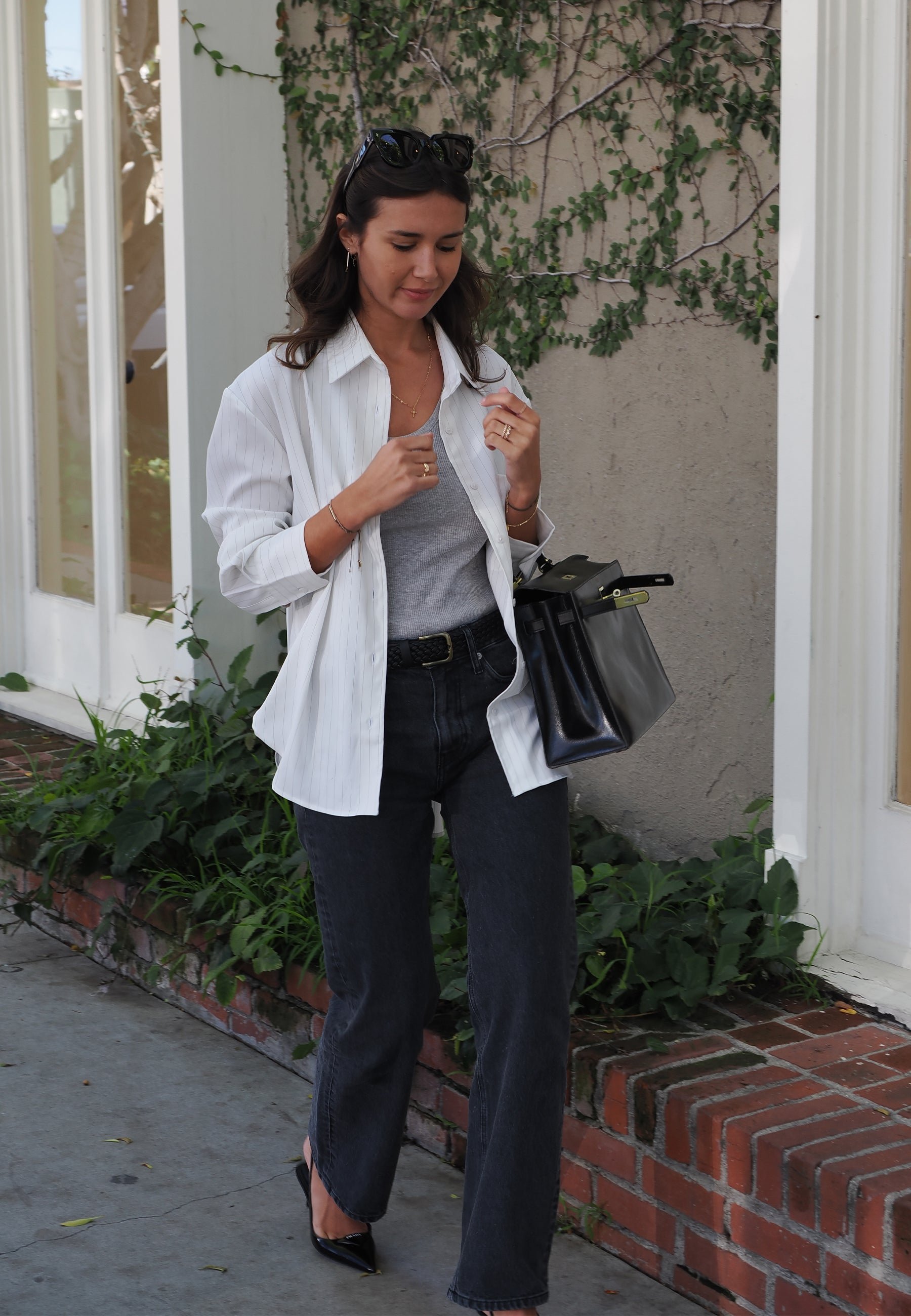
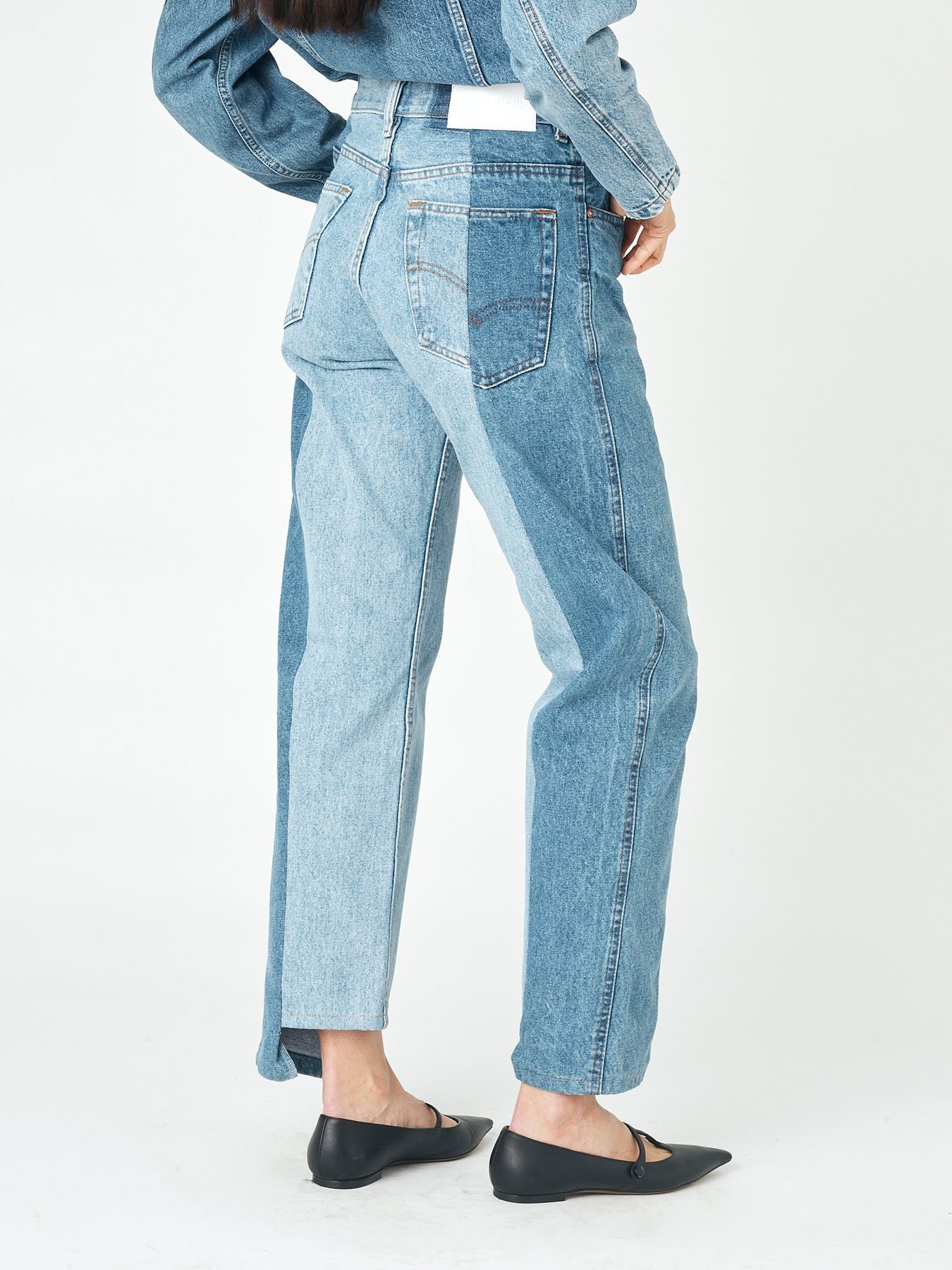
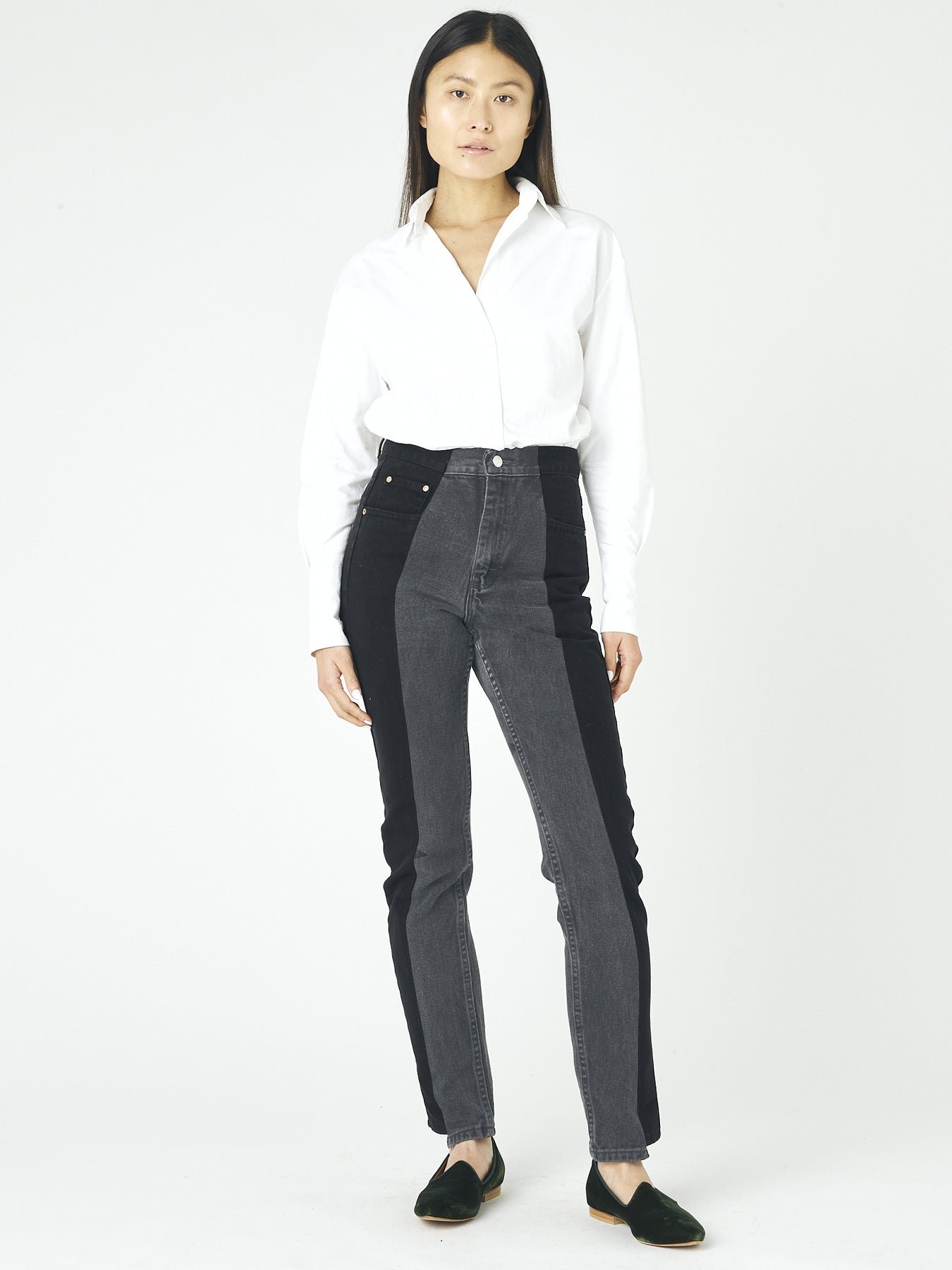
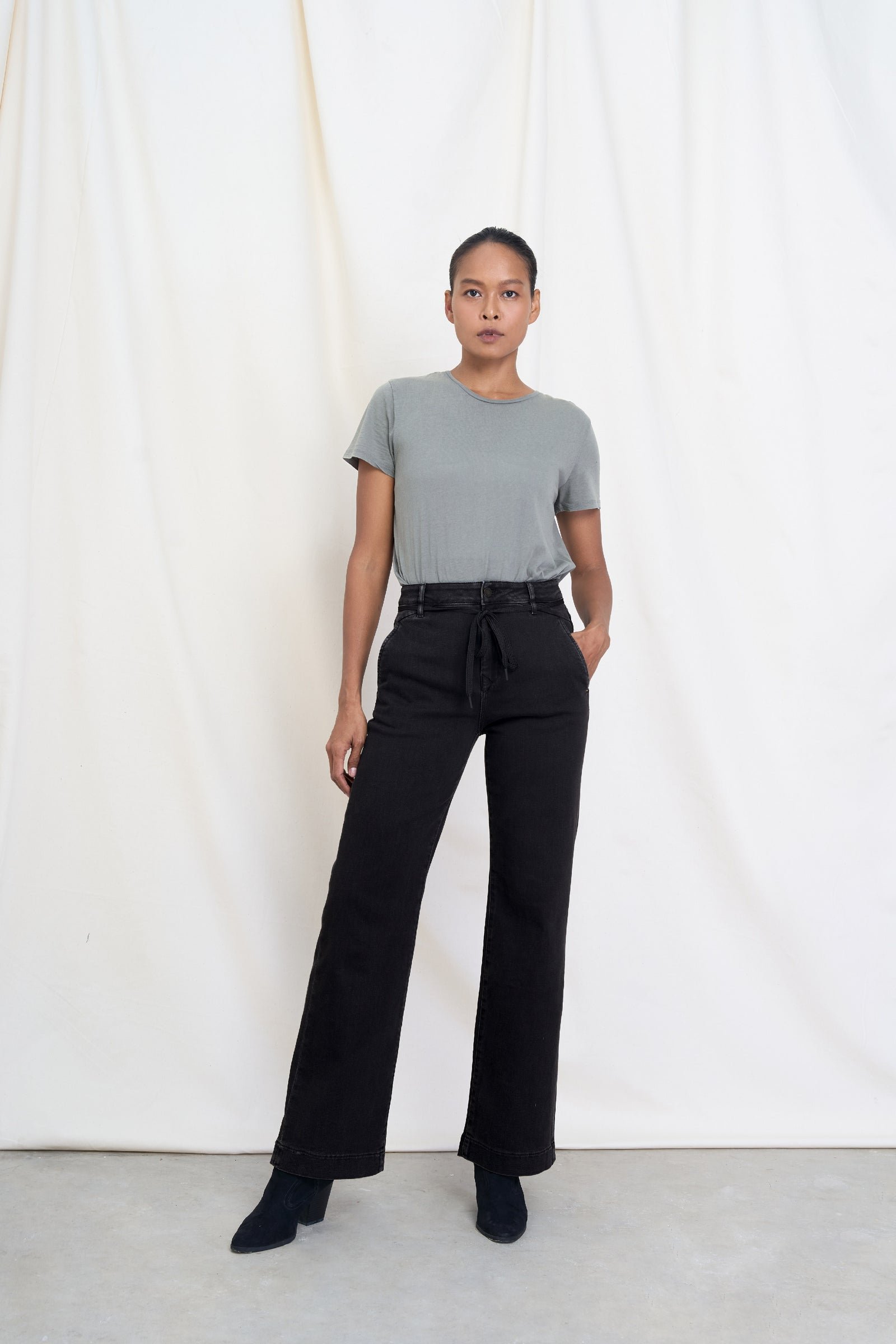
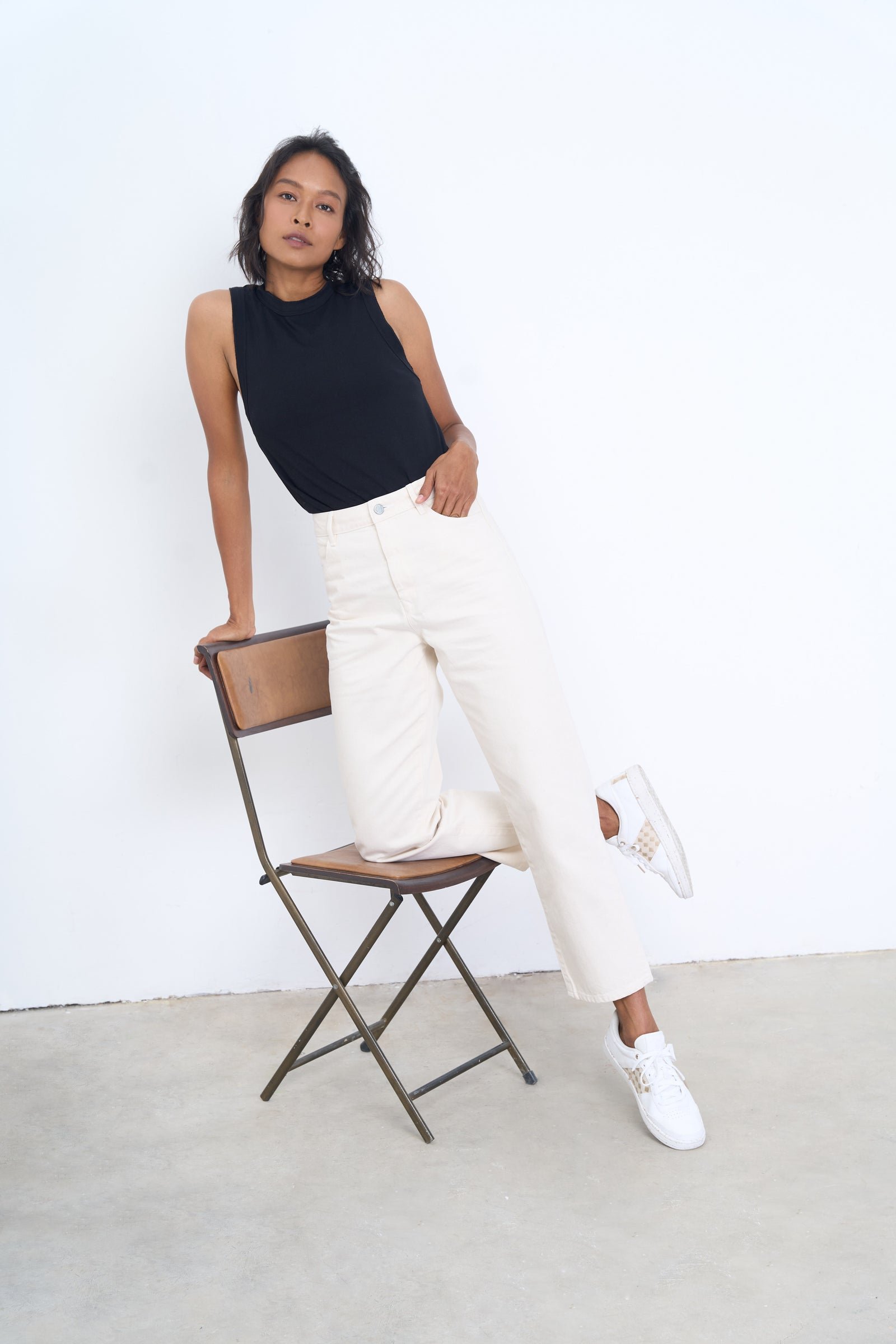
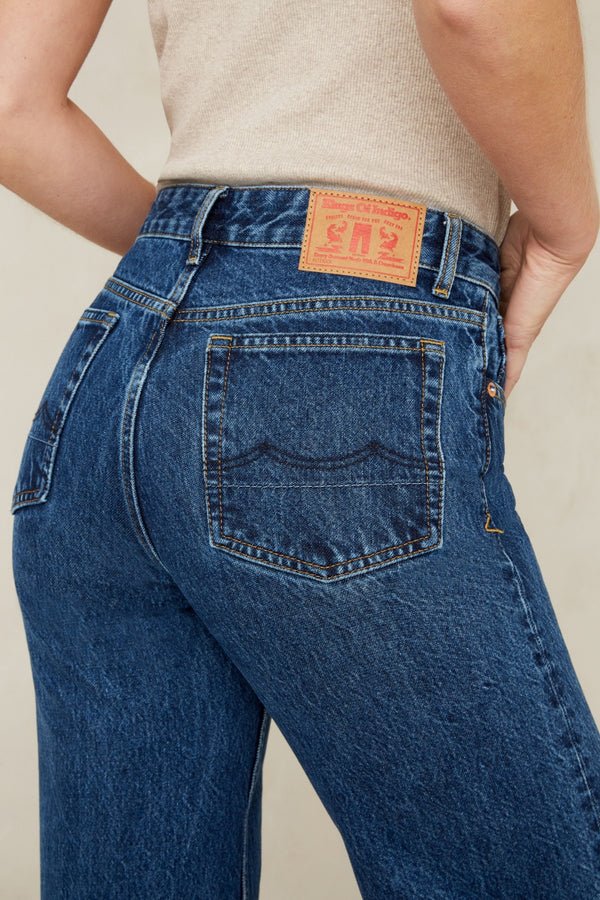
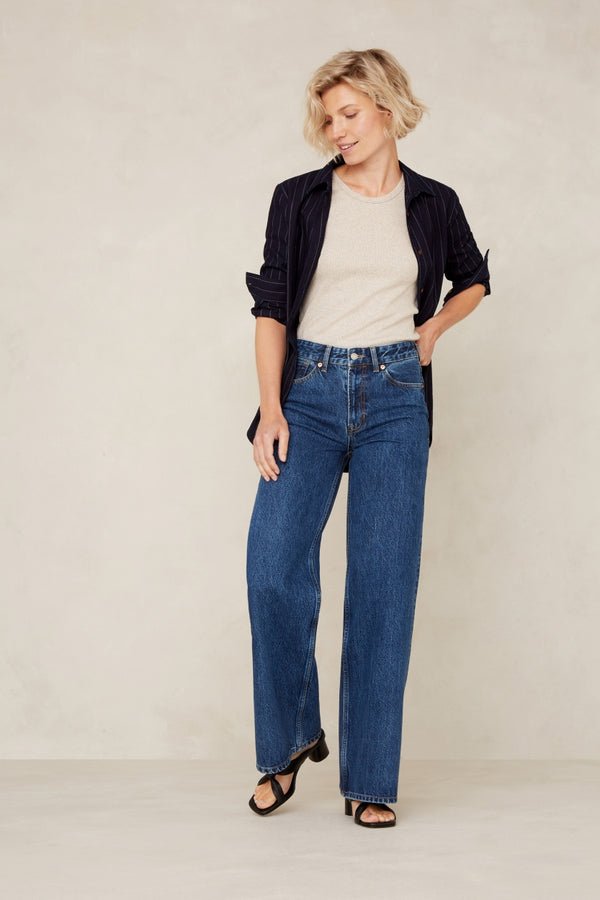



What do you wear for Sunday brunch? Or a relaxed Sunday at home? Daphne de Baat styles six sustainable outfits for Sunday occasions in New York City.